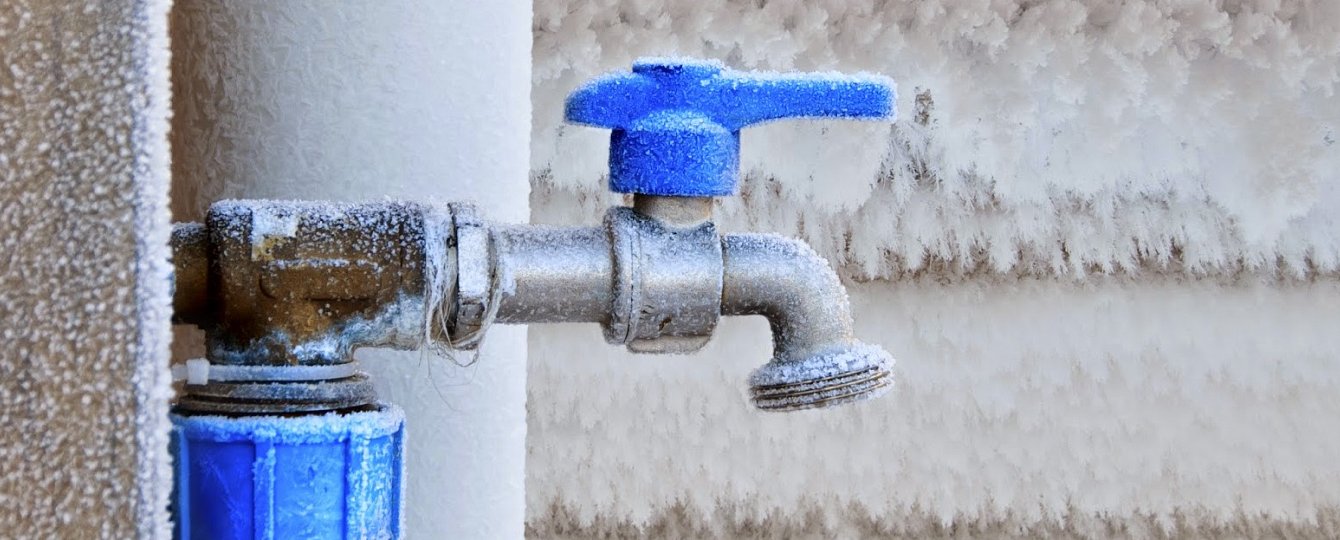

A range of specialist
YourPlumber services
for every home

14 December 2016
We’re at that time of year when the weather can change from being relatively mild to quickly plunge into sub-zero temperatures. When temperatures plunge, plumbing and heating systems feel the strain and become prone to bursts and breakdowns, often requiring urgent assistance from emergency plumbers.
The best way to avoid potential plumbing emergencies is to be prepared and take what precautionary action you can – before anything happens. You should familiarise yourself with the plumbing system in your home, taking note of where shut off valves are so that you can reach them fast in an emergency. It is advisable to check that valves work by turning them off and then back on again so that if a plumbing emergency happens you can contain the damage as quickly as possible.
Protect external plumbing
Pipes and fittings exposed to the coldest temperatures – especially outside but also in your loft – are most likely to freeze and either burst or breakdown. Here are some useful tips for helping to avoid potential plumbing emergencies:
Internal plumbing
Your internal plumbing pipes and fittings may still be exposed to cold temperatures and vulnerable to freezing.
If you are going to be away for a few days, you should think about shutting your mains water supply off. That way, if a pipe does burst, you can limit the damage that will be caused.
Related articles
What to do in a plumbing emergency